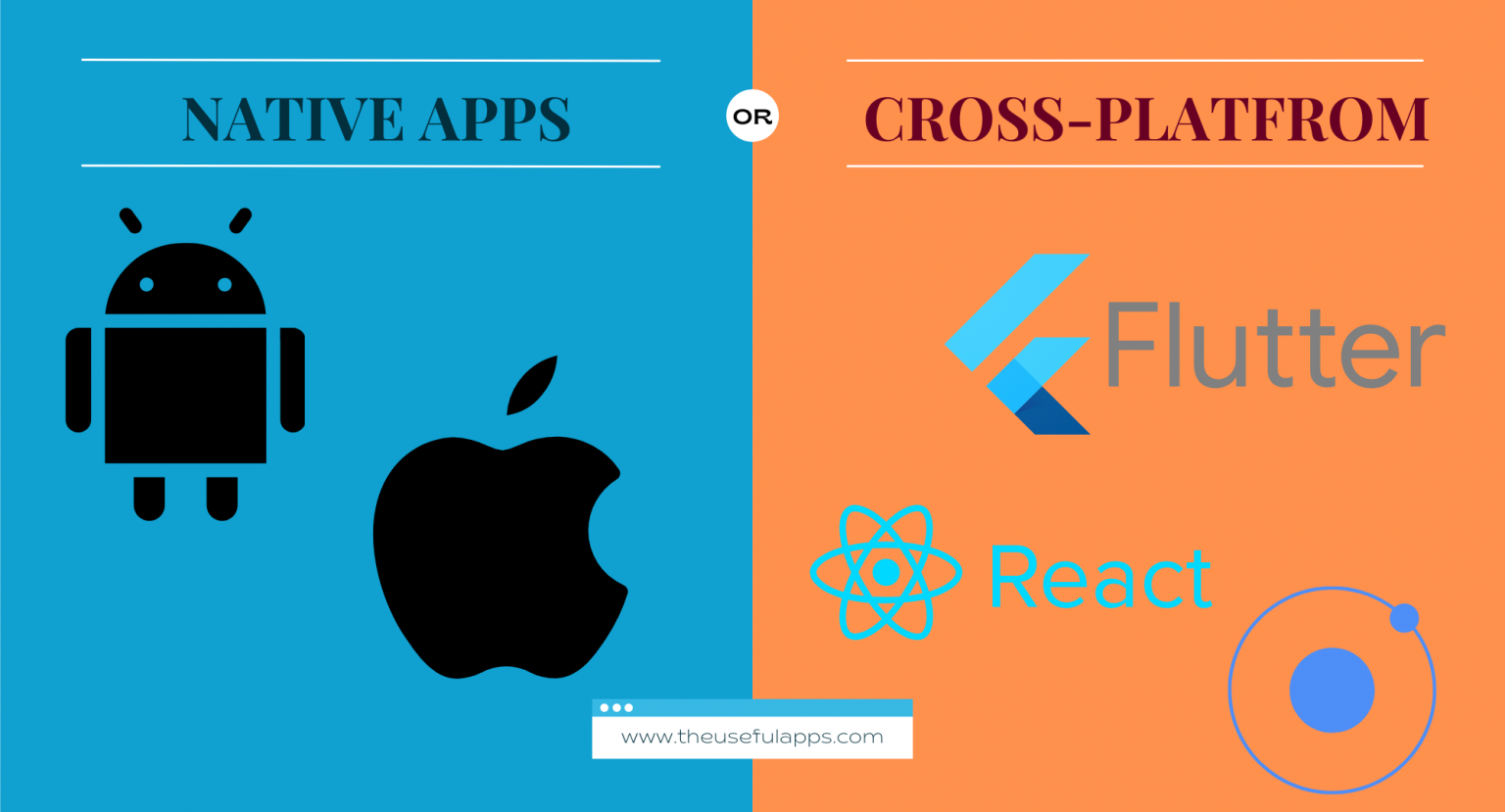
Choosing Between Native and Cross-Platform Frameworks for Mobile App Development
As mobile app development continues to advance, developers face the pivotal choice between native development and utilizing cross-platform frameworks. This decision impacts not just the app's performance and user experience but also the development timeline and budget. Here’s a detailed comparison to guide you through the advantages and disadvantages of each approach.
Native App Development: Tailored Excellence
Advantages:
- Optimized Performance: Native apps, designed for specific platforms like iOS or Android, excel in performance by leveraging platform-specific hardware and software features.
- Superior User Experience: Adhering to each platform's design guidelines ensures native apps provide a seamless and intuitive user interface, enhancing user satisfaction.
- Immediate Access to New Features: Developers can quickly incorporate the latest platform-specific updates and functionalities, keeping the app at the forefront of innovation.
Challenges:
- Increased Development Resources: Crafting separate apps for different platforms doubles the need for resources and time, elevating overall project costs.
- Diverse Developer Expertise: Proficiency in platform-specific languages (Swift/Objective-C for iOS, Java/Kotlin for Android) is a prerequisite, demanding a broader skill set from the development team.
Cross-Platform Frameworks: Unified Efficiency
Advantages:
- Code Reusability: Write once, deploy everywhere—cross-platform frameworks like React Native or Flutter allow for a single codebase that works across iOS and Android, streamlining the development process.
- Faster Market Launch: The shared codebase approach significantly shortens the development cycle, enabling quicker app launches.
- Budget-Friendly: Reducing the need for separate development teams for each platform, cross-platform development can be more cost-effective than native app development.
Challenges:
- Compromised Performance: Complex applications might face performance hitches, as cross-platform apps may not fully optimize platform-specific capabilities.
- Design Inconsistencies: Maintaining a uniform look and feel across platforms can be difficult due to inherent UI/UX differences.
- Delayed Feature Adoption: New platform-specific features may take time to be supported by cross-platform frameworks.
Making the Right Choice
Your decision should hinge on several factors, including app complexity, performance requirements, budget constraints, and the desired timeline for market entry. For apps demanding high performance and direct platform feature integration, native development stands out. Conversely, cross-platform frameworks offer a pragmatic approach for simpler applications aiming for a broader audience with a single codebase.
Whichever route you choose, prioritizing a stellar user experience and aligning with your strategic goals will be key to your app’s success. The landscape of mobile app development is dynamic, and staying informed on the latest trends and technologies will guide you in making the best choice for your project.
#MobileAppDevelopment #NativeVsCrossPlatform #AppDevelopmentStrategies #MobileDevelopmentTrends